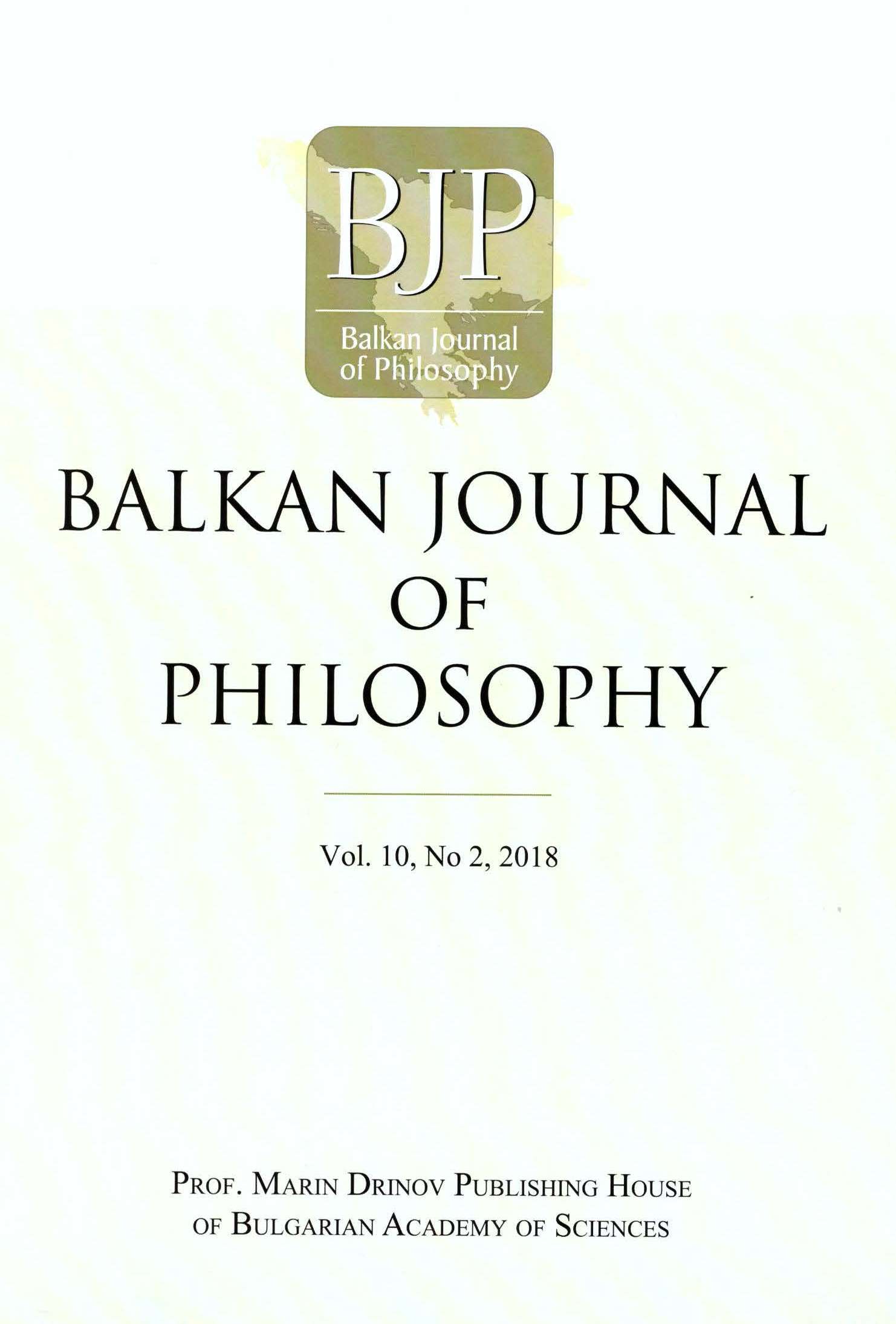An Introduction to Whitehead’s New View of Learning and Its Relation to Traditional Learning Theories
An Introduction to Whitehead’s New View of Learning and Its Relation to Traditional Learning Theories
Author(s): Franz RiffertSubject(s): Philosophy, Ethics / Practical Philosophy, Social Philosophy, Analytic Philosophy, Philosophy of Science
Published by: Институт по философия и социология при БАН
Keywords: Process Philosophy; Behaviorism; Hume; Cognitivism; Kant; Constructivism; Berkeley; Learning Cycles; Integrative Theory of Learning and Instruction
Summary/Abstract: Alfred North Whitehead, although probably known best for his collaborative work with Bertrand Russell on the Principia Mathematica, also developed an original theory of learning and instruction which has much to offer for our times. His theory will be discussed in this paper. In order to do so, two criteria are first developed which in their combination give rise to five categories: radical behaviorism, cognitivism, and radical constructivism, with the intermediary categories of moderate behaviorism and moderate constructivism. A great number of educational researchers are ascribed to one of these five categories. After discussing the shortcomings of the three major philosophical proponents of these three major educational approaches (Hume, Kant, and Berkeley), the basic assumptions of Whitehead’s philosophy of organism are presented, and his assumptions concerning learning and teaching are discussed in view of it. Finally, it is shown that Whitehead’s organismic philosophy is able to offer a frame for integrating Behaviorism, Cognitivism, and Constructivism, thereby solving a long standing scandal of education.
Journal: Balkan Journal of Philosophy
- Issue Year: X/2018
- Issue No: 2
- Page Range: 73-88
- Page Count: 16
- Language: English
- Content File-PDF

